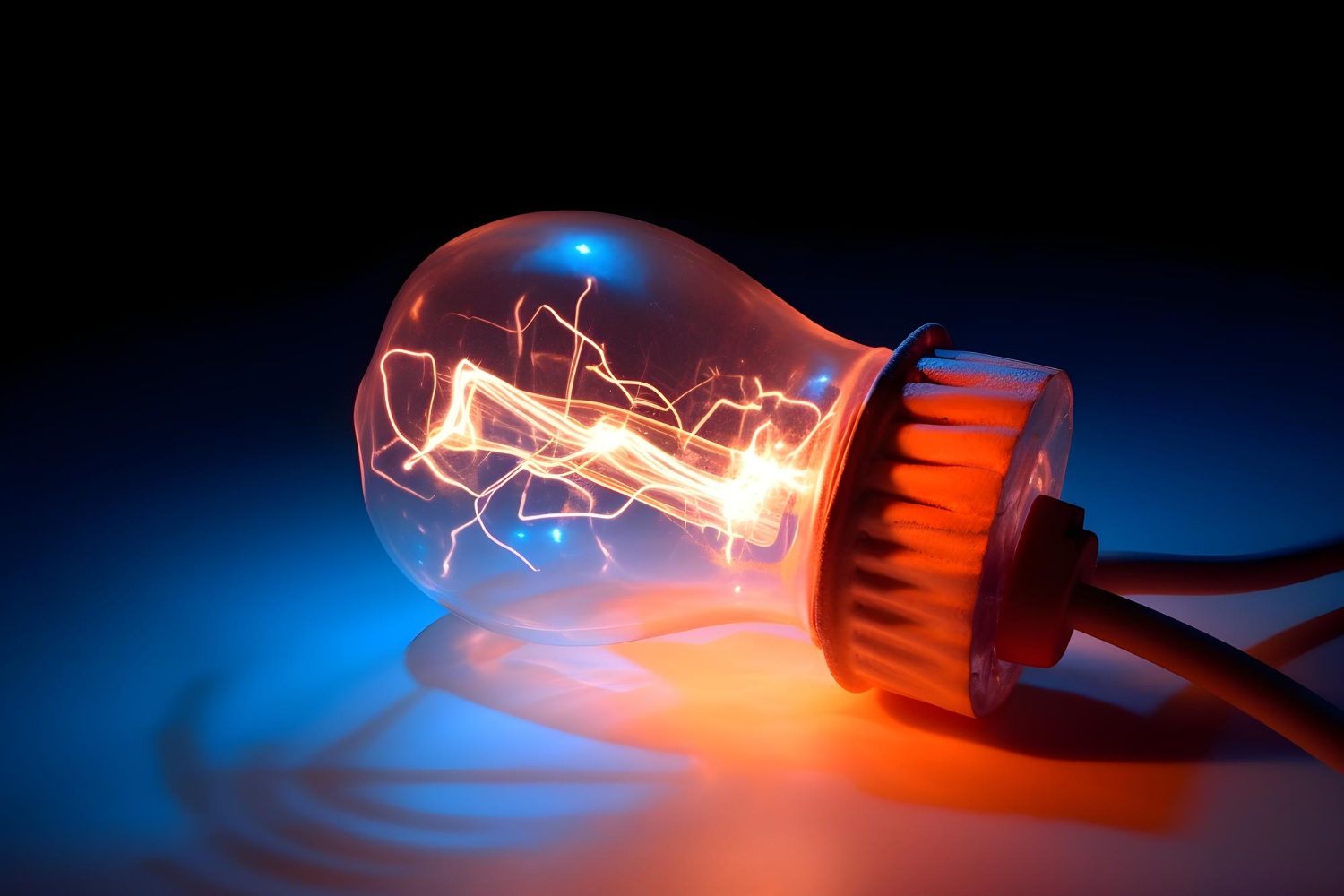As one of the most developed countries in the world, Sweden has long been a leader in sustainability and environmental conservation. Despite this reputation, Sweden faces a pressing issue when it comes to electricity production and consumption. The country relies heavily on hydropower and nuclear energy to meet its electricity needs, but as climate change concerns grow and the demand for energy increases, Sweden is facing challenges in meeting its electricity demands.
One of the main issues with Sweden’s electricity production is its heavy reliance on hydropower. While hydropower is a renewable energy source that produces electricity by harnessing the energy of flowing water, it is heavily dependent on weather conditions and water availability. In recent years, Sweden has faced periods of drought that have significantly impacted its hydropower production, leading to electricity shortages and increased reliance on other sources of energy.
In addition to hydropower, Sweden also relies on nuclear energy to meet its electricity needs. Nuclear energy is a controversial energy source due to safety concerns, waste disposal issues, and public opposition. Despite these concerns, nuclear energy plays a significant role in Sweden’s energy mix, providing a steady source of electricity. However, with the growing push for renewable energy sources and the phase-out of nuclear energy in many countries, Sweden is facing pressure to transition away from nuclear power.
As Sweden grapples with its electricity problem, solar energy has emerged as a promising solution. Solar energy is a renewable energy source that harnesses the power of the sun to produce electricity. Unlike hydropower and nuclear energy, solar energy is not dependent on weather conditions or water availability, making it a reliable source of electricity. In addition, solar energy is clean and green, producing no harmful emissions or pollutants.
In recent years, Sweden has made significant progress in expanding its solar energy capacity. The country has set ambitious targets for renewable energy production, with a focus on increasing the use of solar energy. The government has introduced incentives and subsidies to encourage the adoption of solar energy, making it more accessible and affordable for homeowners, businesses, and communities.
One of the key benefits of solar energy is its decentralised nature. Unlike traditional energy sources that rely on large power plants and a centralised grid, solar energy can be generated on-site and distributed locally. This reduces the need for long-distance transmission lines and decreases the risk of blackouts and electricity shortages. In Sweden, solar energy can be installed on rooftops, carports, and open land, allowing for flexible deployment and maximising energy production.
Another advantage of solar energy is its scalability. Solar panels can be installed in a range of sizes, from small residential systems to large commercial installations. This scalability allows for the customisation of solar energy solutions to meet the specific needs of consumers, businesses, and communities. In Sweden, solar energy is being integrated into urban planning, building design, and infrastructure projects to maximise energy efficiency and reduce carbon emissions.
In addition to its environmental benefits, solar energy also offers economic advantages. Investing in solar energy can lower electricity bills, provide a reliable source of income through feed-in tariffs, and create jobs in the solar industry. In Sweden, the solar energy sector is growing rapidly, creating new opportunities for businesses and workers. The increased investment in solar energy is also driving innovation and technology development, leading to more efficient and cost-effective solar solutions.
Despite the many benefits of solar energy, Sweden still faces obstacles in transitioning to a solar-powered future. One of the challenges is the variability of solar energy production. Solar panels generate electricity only when the sun is shining, which can lead to fluctuations in energy supply. To address this issue, Sweden is investing in energy storage technologies, such as batteries and pumped hydro storage, to store excess solar energy and provide power when the sun is not shining.
Another challenge is the integration of solar energy into the existing electricity grid. Sweden’s grid infrastructure was designed for centralised, large-scale power generation, which can make it difficult to accommodate distributed solar energy sources. To overcome this challenge, Sweden is upgrading its grid infrastructure, implementing smart grid technologies, and establishing microgrids to better manage and distribute solar energy.
Despite these challenges, Sweden is making significant progress in transitioning to a solar-powered future. The country’s commitment to sustainability, innovation, and clean energy is driving the expansion of solar energy capacity and the reduction of greenhouse gas emissions. By investing in solar energy, Sweden can reduce its reliance on hydropower and nuclear energy, lower its carbon footprint, and secure a reliable and sustainable source of electricity for the future.
In conclusion, Sweden’s electricity problem is a complex issue that requires innovative solutions and bold actions. Solar energy has emerged as a promising solution, offering a clean, renewable, and reliable source of electricity. By investing in solar energy, Sweden can address its electricity challenges, reduce its carbon emissions, and pave the way for a sustainable energy future. With the right policies, incentives, and investments, Sweden can harness the power of the sun and lead the way towards a greener and more sustainable energy system.

